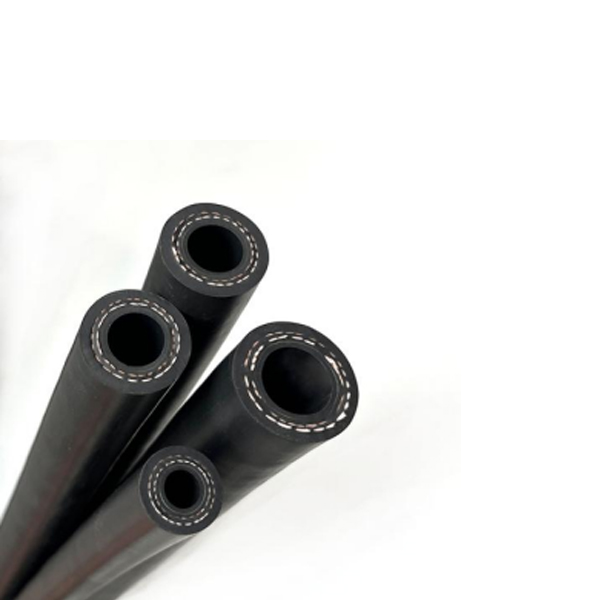rubber fuel hose
Tet . 20, 2024 08:01 Back to list
rubber fuel hose
Understanding Rubber Fuel Hoses A Comprehensive Overview
Rubber fuel hoses are essential components in automotive systems, designed to transport fuel from the tank to the engine efficiently and safely. These hoses play a crucial role in the overall performance and reliability of vehicles, and understanding their characteristics, types, and maintenance can significantly enhance vehicle safety and performance.
What Are Rubber Fuel Hoses?
At their core, rubber fuel hoses are flexible tubes made from synthetic rubber or a combination of natural rubber and other materials. They are engineered to withstand the harsh environments associated with fuel transportation, including exposure to chemicals, temperature variations, and high pressures. These hoses are specifically designed to prevent leaks and ensure an uninterrupted flow of fuel, which is vital for optimal engine performance.
Types of Rubber Fuel Hoses
There are several types of rubber fuel hoses, each suited for different applications and requirements
1. Low-Pressure Fuel Hoses Often used in applications requiring smaller flow rates, these hoses are designed for scenarios with lower pressure, such as fuel return lines in carbureted engines.
2. High-Pressure Fuel Hoses Designed to withstand higher pressures, these hoses are typically found in fuel injection systems. They feature reinforced structures to prevent burst or failure, ensuring reliability under demanding conditions.
3. Flexible Fuel Hoses These hoses are designed to bend without kinking, allowing for easier routing in tight engine compartments. Their flexibility makes them suitable for various applications, including non-standard setups.
4. Fuel Vapor Hoses Specialized for vapor extraction systems, these hoses are constructed to handle the vapor from fuel tanks, preventing emissions and ensuring compliance with environmental regulations.
5. Thermal Resistant Hoses In high-temperature environments, these hoses maintain their integrity and performance despite exposure to heat from the engine.
Key Features of Rubber Fuel Hoses
Rubber fuel hoses possess several key features that contribute to their efficacy
rubber fuel hose

- Durability Made to endure harsh conditions, rubber fuel hoses are resistant to fuel permeation and degradation due to exposure to heat, oil, and various chemicals.
- Flexibility The inherent flexibility of rubber allows for easy installation and routing, adapting to the various shapes and tight spaces found in modern vehicles.
- Pressure Resistance High-quality rubber fuel hoses can withstand significant internal pressures, reducing the risk of leaks or ruptures that could lead to accidents.
- Resistance to Cracking These hoses are formulated to resist cracking and hardening, which can occur over time due to exposure to heat and fuel additives.
Maintenance of Rubber Fuel Hoses
Proper maintenance of rubber fuel hoses is vital to ensure their longevity and performance. Here are some practical tips
1. Regular Inspections Check for signs of wear, such as cracks, bulges, or leaks. Inspect connection points for any loose fittings that may lead to fuel leaks.
2. Keep Clean Ensure that the hoses are free from dirt and debris. This practice helps prevent the buildup of materials that could compromise the hose’s integrity.
3. Follow Manufacturer Guidelines Adhere to the manufacturer’s recommendations regarding replacement intervals and usage conditions. Some hoses have specific service life expectancies.
4. Use Quality Products When replacing hoses, opt for high-quality rubber fuel hoses that meet or exceed industry standards to ensure safety and reliability.
5. Be Cautious with Modifications If modifying fuel systems, ensure that any new components are compatible with existing hoses to avoid unpredictable failures.
Conclusion
Rubber fuel hoses are vital components in the automotive fuel system and are instrumental in ensuring that vehicles operate safely and efficiently. By understanding their types, features, and the importance of maintenance, vehicle owners and automotive enthusiasts can make informed choices that enhance performance and safety. Regular inspections and the use of high-quality materials can prevent costly repairs and ensure a long-lasting and efficient fuel delivery system.
